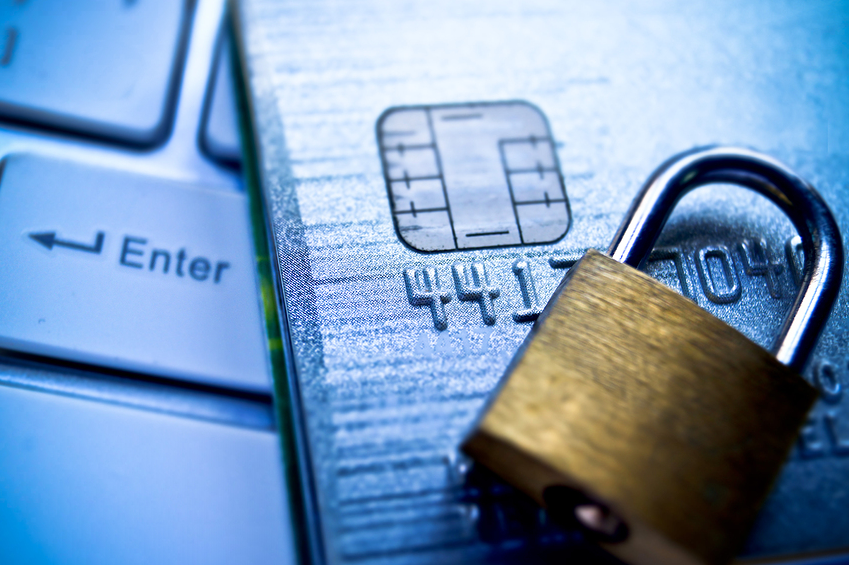In our increasingly digital world, the security of your online money is of paramount importance. Whether you’re managing your bank accounts, making investments, or engaging in e-commerce, protecting your financial assets from cyber threats is essential. This article outlines the best ways to secure your online money, offering practical advice and insights to help you keep your digital wealth safe.
Use Strong and Unique Passwords
- Password Complexity: Create strong passwords by combining letters, numbers, and symbols. Avoid easily guessable information like birthdays or common words.
- Unique for Each Account: Never reuse passwords across multiple accounts. If one account is compromised, it won’t jeopardize others.
Enable Two-Factor Authentication (2FA)
- Extra Layer of Security: 2FA adds an additional step to the login process, requiring something you know (password) and something you have (e.g., a mobile device).
- Widely Available: Most financial institutions and online services offer 2FA as an option. Enable it wherever possible.
Keep Software and Systems Updated
- Regular Updates: Ensure your operating system, web browsers, and security software are up to date. Updates often contain crucial security patches.
- Automatic Updates: Enable automatic updates to stay protected against the latest threats.
Beware of Phishing Scams
- Email Caution: Be cautious with email attachments and links. Avoid clicking on suspicious or unexpected emails, especially those requesting personal information.
- Verify Senders: Double-check the sender’s email address and the message’s legitimacy before taking any action.
Use Secure Networks
- Public Wi-Fi: Avoid conducting sensitive financial transactions on public Wi-Fi networks, which are often less secure.
- VPN (Virtual Private Network): If you must use public Wi-Fi, consider using a VPN to encrypt your connection.

Monitor Your Accounts Regularly
- Frequent Checking: Regularly review your bank, investment, and credit card statements for any unauthorized transactions.
- Alerts: Set up account alerts to notify you of unusual activity or low balances.
Secure Your Devices
- Password Protection: Use a strong PIN or password to lock your devices, including smartphones, tablets, and computers.
- Remote Wipe: Enable remote wipe functionality on your devices in case they’re lost or stolen.
Educate Yourself
- Awareness: Stay informed about the latest online threats and scams. Knowledge is your best defense.
- Security Training: Consider taking online courses or workshops on cybersecurity best practices.
Use Reputable Financial Services
- Research: Before using any financial service, research its reputation and read reviews to ensure it’s trustworthy.
- Encryption: Check that the service uses encryption to protect your data during transactions.
Regularly Back Up Your Data
- Data Safety: Regular backups of your financial data can save you in case of a cyberattack or data loss.
- Cloud Backups: Consider using secure cloud services for backups.
Secure Your Email
- Email Encryption: Use email encryption services when sending sensitive financial information.
- Email Security Settings: Adjust your email settings to filter out spam and phishing attempts.
Employ a Robust Antivirus Program
- Effective Antivirus: Choose a reputable antivirus program that provides real-time protection against malware and ransomware.
- Regular Scans: Run regular scans to detect and remove any potential threats.
Be Cautious with Personal Information
- Limit Sharing: Avoid sharing sensitive financial information, such as your Social Security number, unless absolutely necessary.
- Verify Requests: Confirm the legitimacy of any requests for personal information before complying.
Protect Your Digital Wallets and Cryptocurrencies
- Cold Storage: Consider using hardware wallets or offline storage for cryptocurrencies.
- Multi-Signature Wallets: Opt for multi-signature wallets, which require multiple keys to authorize a transaction.
Plan for the Worst
- Emergency Response: Have a plan in place for responding to a cyberattack or identity theft, including contacting your financial institutions and credit bureaus.
- Identity Theft Protection: Consider subscribing to identity theft protection services.
Conclusion
Securing your online money is an ongoing process that requires vigilance and proactive measures. By following these best practices, you can significantly reduce the risk of falling victim to cyber threats and ensure the safety of your digital wealth. Remember that the security of your online money is a responsibility that should not be taken lightly.

